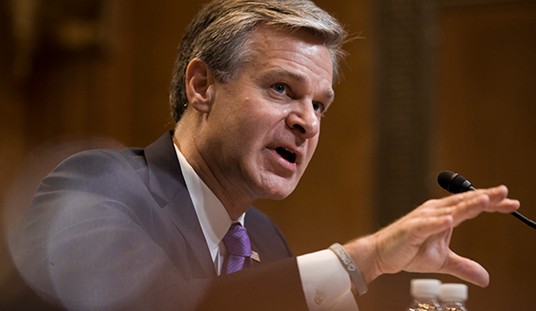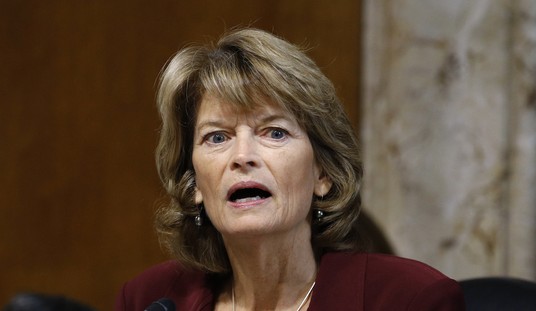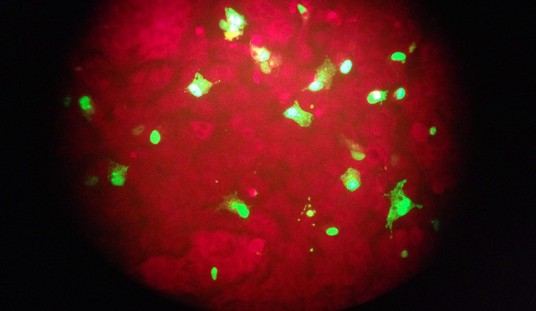Thus ends what might have been a veeeerrrrry interesting constitutional debate over the limits of presidential pardons. Despite calls from members of Congress to continue pressing a contempt charge against former Maricopa County sheriff Joe Arpaio, the federal judge dismissed it with prejudice. However, the case may not be fully over:
Acceding to a controversial pardon from President Donald Trump, a federal judge has dismissed the criminal contempt of court case against former Arizona Sheriff Joe Arpaio for defying a court order to stop profiling Latinos, multiple local news reports said.
U.S. District Judge Susan Bolton tossed out the case against the 85-year-old ex-lawman with prejudice, meaning it cannot be reinstituted.
Bolton ruled that the pardon is “valid” in applying to the contempt charge, a decision that disappointed a coalition of House Democrats and liberal groups that had petitioned the court to ignore it. They argued that a presidential pardon infringed on the separate and equal power of the judiciary, an “intentional usurpation of the Court’s authority by the President.” Upholding the pardon would create an impermissible power for the executive branch to rob the judiciary of the authority to enforce its orders, they argued.
That might have been a compelling case to make, especially to higher courts that would see the risk of an executive overreach into their jurisdiction. The counter to that argument would be twofold. First, such pardons would be infrequent and subject to political accountability, as all pardons are. Second, if the authority for pardons is plenary — and that has long been the precedent for executive clemency actions — then it has to apply to criminal contempt charges as well as all other crimes.
Fortunately for Arpaio, that debate is over, but the case itself isn’t — at least not entirely. Bolton still has not decided whether the pardon vacates all of the earlier rulings in the case, including a harsh condemnation of Arpaio for defying the court’s authority:
Bolton has previously said case law suggests a pardon doesn’t erase a recipient’s underlying record of conviction and instead is aimed at lessening or canceling punishment. The pardon had previously led the judge to cancel Arpaio’s sentencing hearing.
The judge is considering a request from Arpaio to throw out the ruling that explains his guilty verdict. In the ruling, Bolton cited television interviews and news releases in which the sheriff made comments about keeping up the patrols, even though he knew they were no longer allowed.
Arpaio’s attorneys have said the requests are aimed at clearing Arpaio’s name and barring the ruling’s use in future court cases as an example of a prior bad act. “This is a matter of basic fairness,” said Arpaio attorney Jack Wilenchik.
At this point, isn’t this just semantics? The ruling will continue to exist, even if it’s withdrawn. Arpaio’s critics will continue to reference it regardless of how Bolton rules. Arpaio no longer holds public office, and at 85 years of age is unlikely to hold another, so the risk of using it as evidence of “a prior bad act” is rather low.
Having accepted the pardon as “valid,” Bolton has little choice but to vacate the entire case, including all of the rulings in it. If she keeps them in place, though, we might still have ourselves a fine little constitutional debate over presidential pardons … a debate that should have taken place after Bill Clinton pardoned Marc Rich.








Join the conversation as a VIP Member